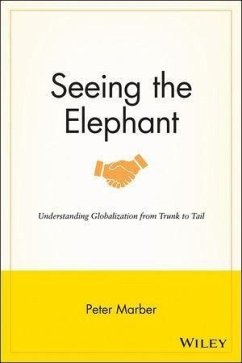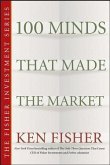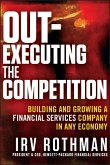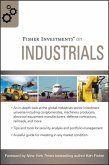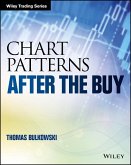Thanks to globalization, more countries depend on each other for trade, capital, and ideas than ever before. Yet politically, these countries are drifting further apart. In Seeing the Elephant, author and emerging markets expert Peter Marber describes how increasing economic integration and the rise of new actors is drastically altering the geopolitical landscape, and offers insights on how the US can maintain a leading role in the 21st century and beyond. While America remains the single most important economy today, rising economic powerhouses -- China, Russia, India, Brazil and others -- bring a diverse set of interests to the table that the US cannot afford to ignore, Marber explains. Moreover, globalization has created thousands of non-state actors - corporations, banks, hedge funds, activists and even terrorists - who bring their own concerns to bear on the world system. In the era of globalization, America's success hinges on the success of its neighbors, too. Yet from its invasion of Iraq to its disregard of major treaties -- some recent US choices have shown little regard for these new players. As the lines between economic, defense, environmental, immigration, and energy policy become increasingly blurred, having a holistic and coherent approach to cross-border challenges is essential. Yet the forums and institutions that once coordinated these relationships - the UN, World Bank and the G7-- are losing relevance and no longer adequately represent the world's expanded power roster. To remain vital, Marber believes all our multilateral institutions will require fresh ideas and revamping. Seeing the Elephant demystifies globalization, and analyzes the megatrends and interconnections of the 21st century. With bold suggestions on how America reassert its historic leadership in the new global arena, Seeing the Elephant should be required reading for policy makers, businessmen and informed citizens alike.
Dieser Download kann aus rechtlichen Gründen nur mit Rechnungsadresse in A, B, BG, CY, CZ, D, DK, EW, E, FIN, F, GR, HR, H, IRL, I, LT, L, LR, M, NL, PL, P, R, S, SLO, SK ausgeliefert werden.

